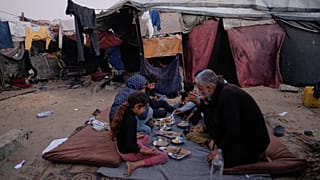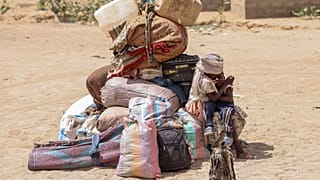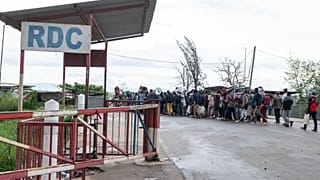UNICEF
Global childhood immunization coverage stalled in 2023, leaving 2.7 million additional children un- and under-vaccinated compared to pre-pandemic levels in 2019, according to WHO and UNICEF data. The latest estimates highlight the urgent need for catch-up efforts and system strengthening to close the immunization gap.
UNICEF Executive Director Catherine Russell emphasized the necessity for global efforts and investments in primary healthcare to ensure every child gets vaccinated. The data revealed that the number of children receiving three doses of the DTP vaccine stalled at 84%, with 14.5 million children missing their first dose.
More than half of the unvaccinated children are in fragile settings, vulnerable to preventable diseases due to disruptions in health services. Despite some progress, global immunization coverage has not returned to 2019 levels, with ongoing challenges like healthcare service disruptions, vaccine hesitancy, and access inequities.
Measles outbreaks, driven by low vaccine coverage, have impacted 103 countries, highlighting the need for improved immunization efforts. Conversely, strong HPV vaccine coverage saw an increase, particularly in Gavi-supported countries, reaching 27% of adolescent girls globally in 2023.
To meet the Immunization Agenda 2030 targets, increased investment in innovation and collaboration is essential, along with robust political and community support.






![Marie Noëlle Ada Meyo: “Gabon deserves much better” [Interview]](https://images.euronews.com/articles/stories/09/65/93/33/320x180_cmsv2_037ef802-af57-5c29-893e-8aeeeea4ab10-9659333.jpg)






01:05
Over a million children vaccinated against polio in southern Malawi
01:40
South Africa starts extensive vaccine campagin against FMD in cattle
01:57
Malawi launches polio vaccine programme
01:37
WHO urges US to share Covid origins findings
00:45
Cholera vaccination resumes in Mozambique after nearly 4-year halt
01:00
Malawi declares polio outbreak, reviving fears of another resurgence